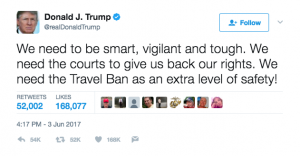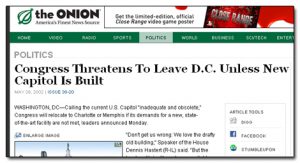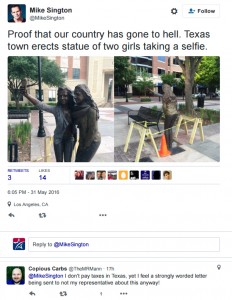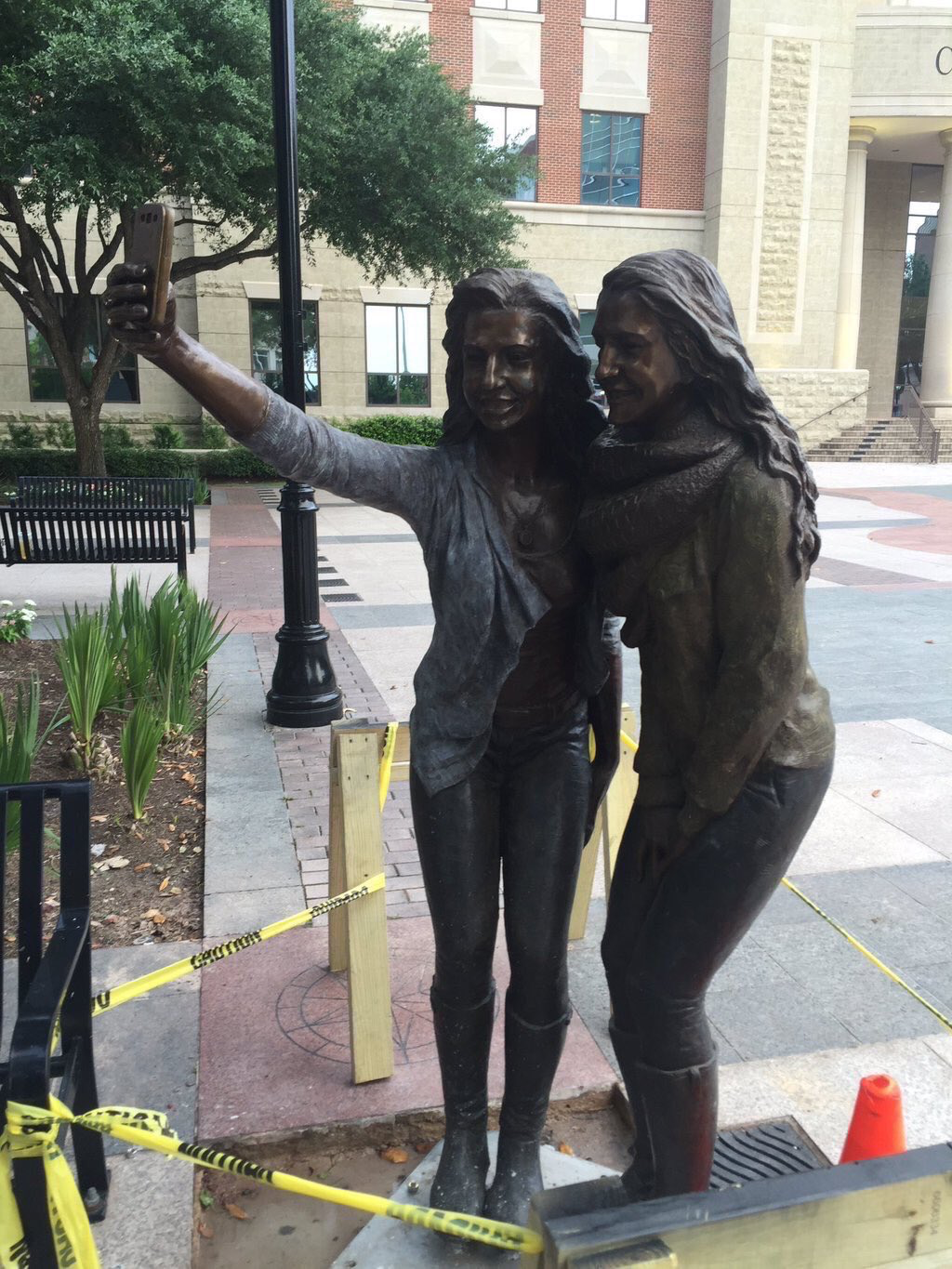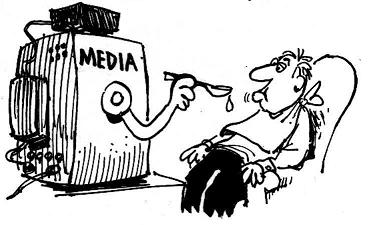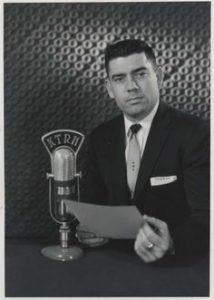 The Federal Communications Commission is considering whether or not to keep the main studio rule which requires stations to maintain “main studios” in their primary coverage area.
The Federal Communications Commission is considering whether or not to keep the main studio rule which requires stations to maintain “main studios” in their primary coverage area.
Organizations like the National Association of Broadcasters claim this rule is inconsistent” with listener and viewer expectations, and suggested that eliminating the rule would result in cost savings, better deployment of resources, efficiency and better service.
The broadcast industry, like many other industries, has seen massive challenges and change over the last few decades. Years of consolidation, debt and emerging technologies like the internet have forced to it to come up with new ways to remain viable and profitable.
Long gone are the days where powerful radio stations were owned by families like the Jones (who owned KTRH & KLOL). Those families were part of the fabric of the community, and while making a profit was important, so was service.
LPTV operator Venture Technology Group said “the purpose of the rules has been bypassed by technology,” but has it? I thought the purpose was to serve the community that the station was licensed to.
There is fear that broadcasting emergency information can be impacted. Can you imagine someone in Los Angles providing coverage of a hurricane that is headed toward Houston? There is also concern if you eliminate the main studio rule, you run the risk of losing places for talent to pay their dues and gnaw their teeth. It is very rare for someone to be an overnight sensation and make it to the major markets.
So where do new and aspiring broadcasters start? Internet radio? Pod-casting? YouTube? All are possible, but that begs the question, who needs a broadcast station to begin with.
Many feel the industry shot themselves in the foot when they opened the door to consolidation and allowed companies to own multiple stations in a single market. They might be shooting themselves in the other foot if the main studio rule goes away which will make it very hard for them to remain standing.


